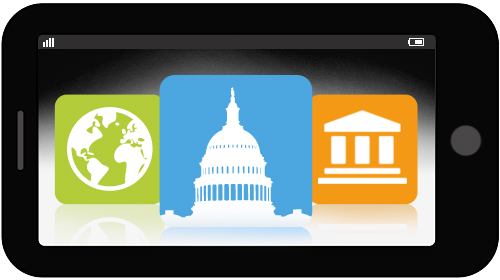
This is the first post in a three-part series.
Less than a year after the NSA's dragnet surveillance of Americans was first exposed to public scrutiny, the president has formally issued a proposal to end the bulk collection of our phone records. In this three-part series, the ACLU analyzes whether the president’s proposal goes far enough, particularly when there's already strong bipartisan legislation in Congress that would end all bulk collection for good, the USA FREEDOM Act.
Before the end of this week, President Obama will announce that he supports the bulk collection of Americans' phone records. He will endorse a more targeted approach that requires the government to get a court order for specific phone numbers or accounts and ask Congress to pass legislation to bind his and future administrations' hands to this process.
This is an important first step for the protection of our phone records, but what about our Internet, financial, medical, political, library, or other records? These are records that are just as sensitive as our phone records, if not more so: They reflect where we go, the people we know, the churches and political parties we belong to, how we spend our money, and the doctors we see.
Congress should consider the president's proposal as just an opening offer. They should then make a strong counteroffer to extend these sorts of privacy protections across the board to all of our data. Actually, there's already a way Congress can do this; it does not need to start from scratch.
It's called the USA FREEDOM Act.
Introduced by original PATRIOT Act authors Rep. James Sensenbrenner (R-Wis.) and Sen. Patrick Leahy (D-Vt.), the bill would protect not only phone records under section 215 of the Patriot Act – but all records, under all sections of the Patriot Act – as well as amend the FISA Amendments Act of 2008 that permits international spying. With over 160 bipartisan cosponsors in the House and Senate, the Judiciary Committees should get to work on it immediately and get it to the floor for a vote. The American people deserve nothing less.
Remember, while the phone records program is the government's most notorious spying program, it's probably not its most invasive one. Let's make sure that the momentum we have going for reform now isn't cut short and wasted on half measures that fail to bury all bulk collection for good.
Learn more about government surveillance and other civil liberty issues: Sign up for breaking news alerts, , and .

